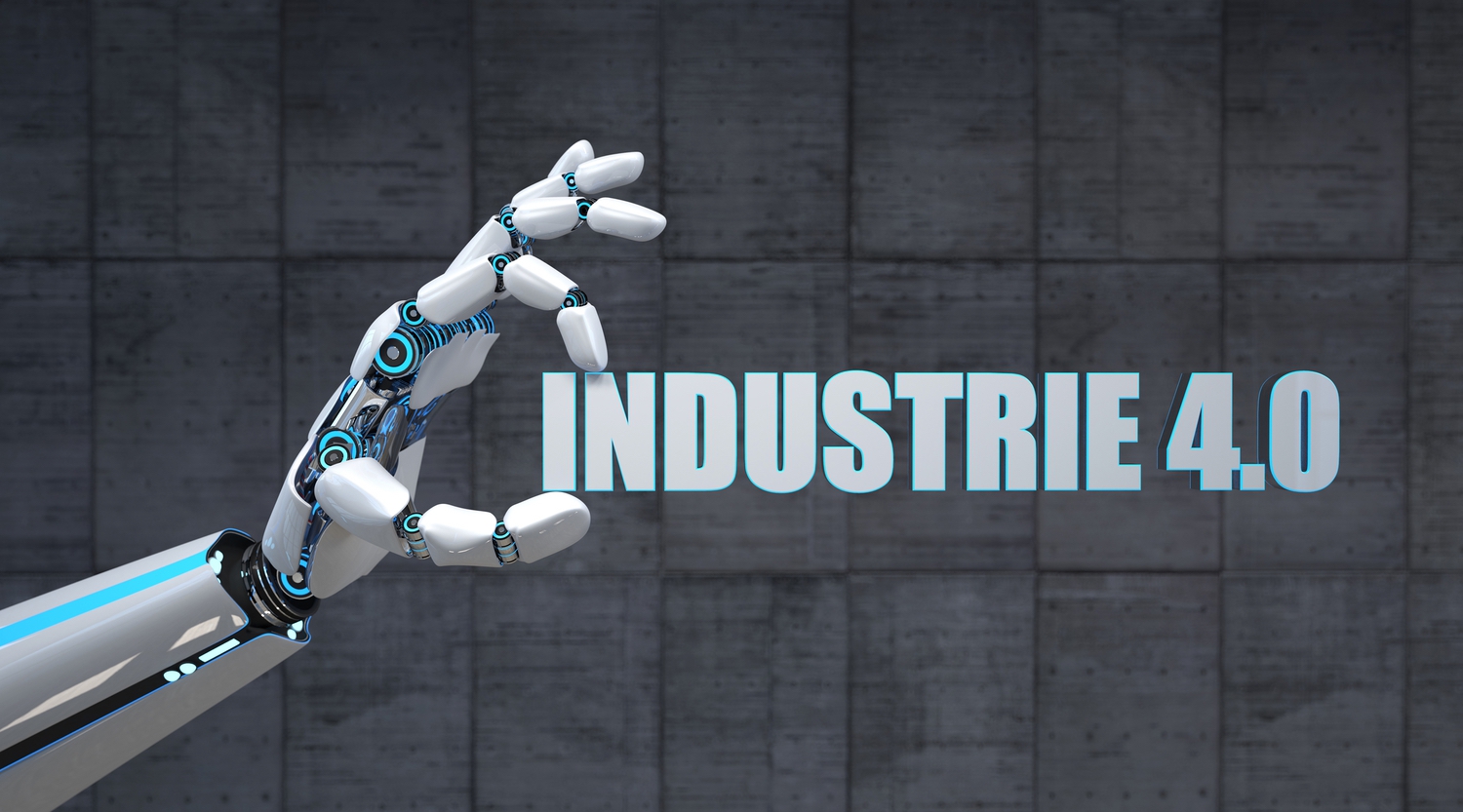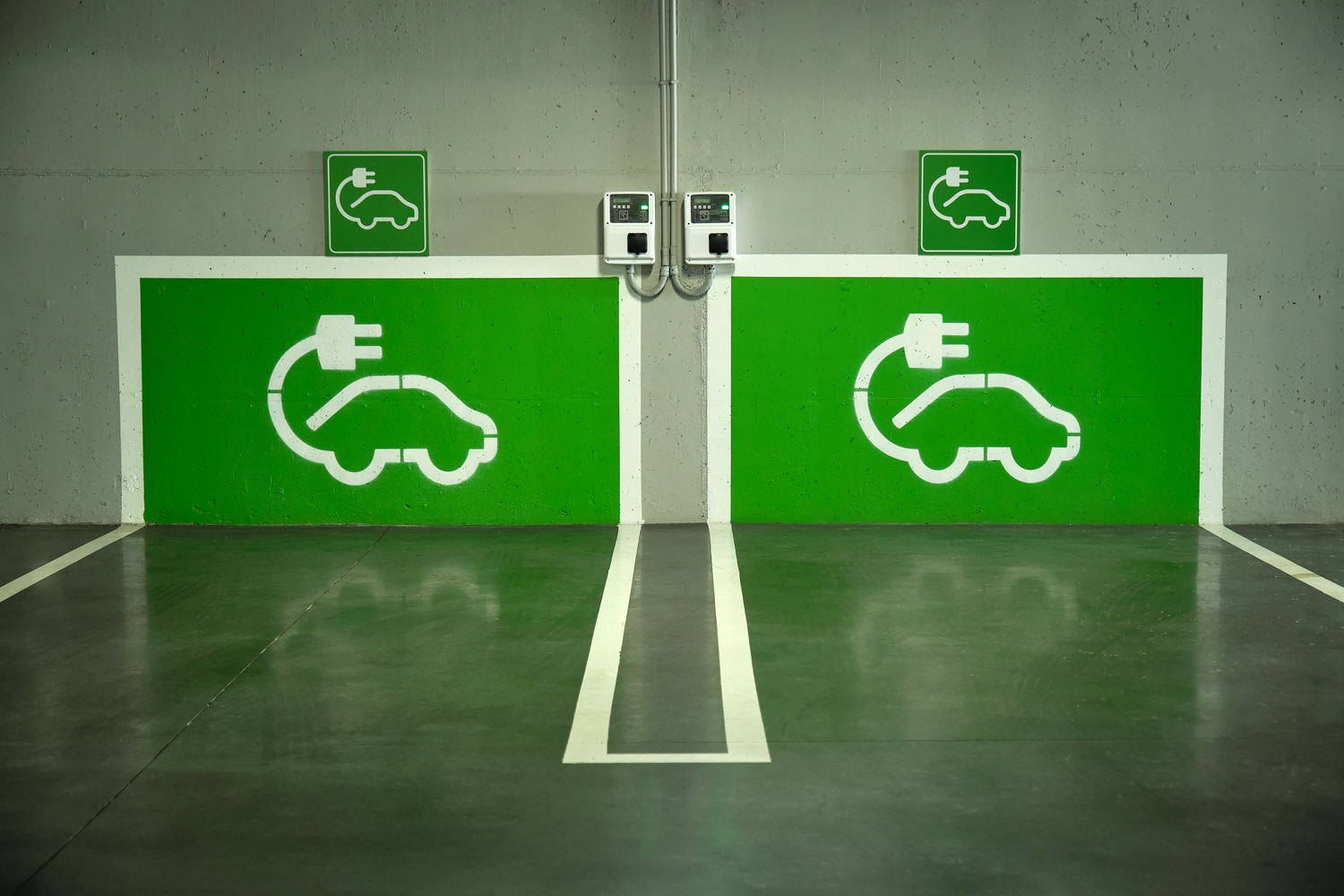

The Covid pandemic and the war in Ukraine are two factors that have pushed European countries towards greater industrial sovereignty. France is no exception. Re-industrialisation is one of the strategic priorities of the France Relance plan, adopted during the Covid-19 epidemic. Experts at AURIS Finance, a mergers and acquisitions consultancy, give you their analysis.
France’s industrial environment is currently in serious decline. Industry currently accounts for only 9% of GDP in France, compared with 26% in Germany and 14% in Spain. This low share can be explained by the deindustrialisation strategy implemented in France in the 1990s. Until 2017, French industry destroyed jobs. In that year, the curve began to reverse, driven in particular by the government’s desire to revive industrial production. This phenomenon was greatly reinforced by two successive events. First, the Covid pandemic demonstrated the limits of dependence on other countries for the production of goods. This led to the adoption of France Relance, a €100 billion investment plan to revive the economy and boost employment. The outbreak of conflict in Ukraine then heightened fears of a raw material shortage and highlighted the strong interdependence between countries in the production of goods.
Setting the course for Industry 4.0
France is currently working on its re-industrialisation. However, the industry of 2022 is very different from that of the 1990s. It is less and less a manufacturing industry, with less direct demand for labour. In these increasingly automated, digital and data-intensive industries, the main costs are often related to raw materials and energy, with labour costs coming in third. To limit over-dependence on other nations, the supply chain – i.e. the integration of production processes into value chains – is a key element. Global value chains have developed considerably in recent years, enabling industrialists to make significant gains. However, the way in which these interdependent chains operate has been severely undermined by the recent health crisis.
A new paradigm for value chains
Against this backdrop, regional value chains have emerged as a way for industrialists to insulate themselves from geopolitical and sanitary risks. They have a number of advantages, not least the ability to control production as closely as possible. More responsive than globalised chains, they are an undeniable competitive advantage in times of crisis. This flexibility is made possible by proximity, but also by the use of digital tools in the production chain management strategy. This is how supply chains in Brittany, for example, managed to survive the covid health crisis, as Brittany Supply Chain explains in its latest report.
Get the support you need
The French industrial sector is currently undergoing profound upheaval. While automation and the digitalisation of tools are enabling industrialists to cut labour costs, new challenges are emerging. First and foremost is logistical interdependence. Globalised value chains have proved fragile in times of sanitary and geopolitical crises. Any acquisition of an industrial company must now be subject to a detailed analysis of how value chains operate. AURIS Finance’s specialists, with their sector-specific expertise, can assist you in your sale or acquisition operations.


